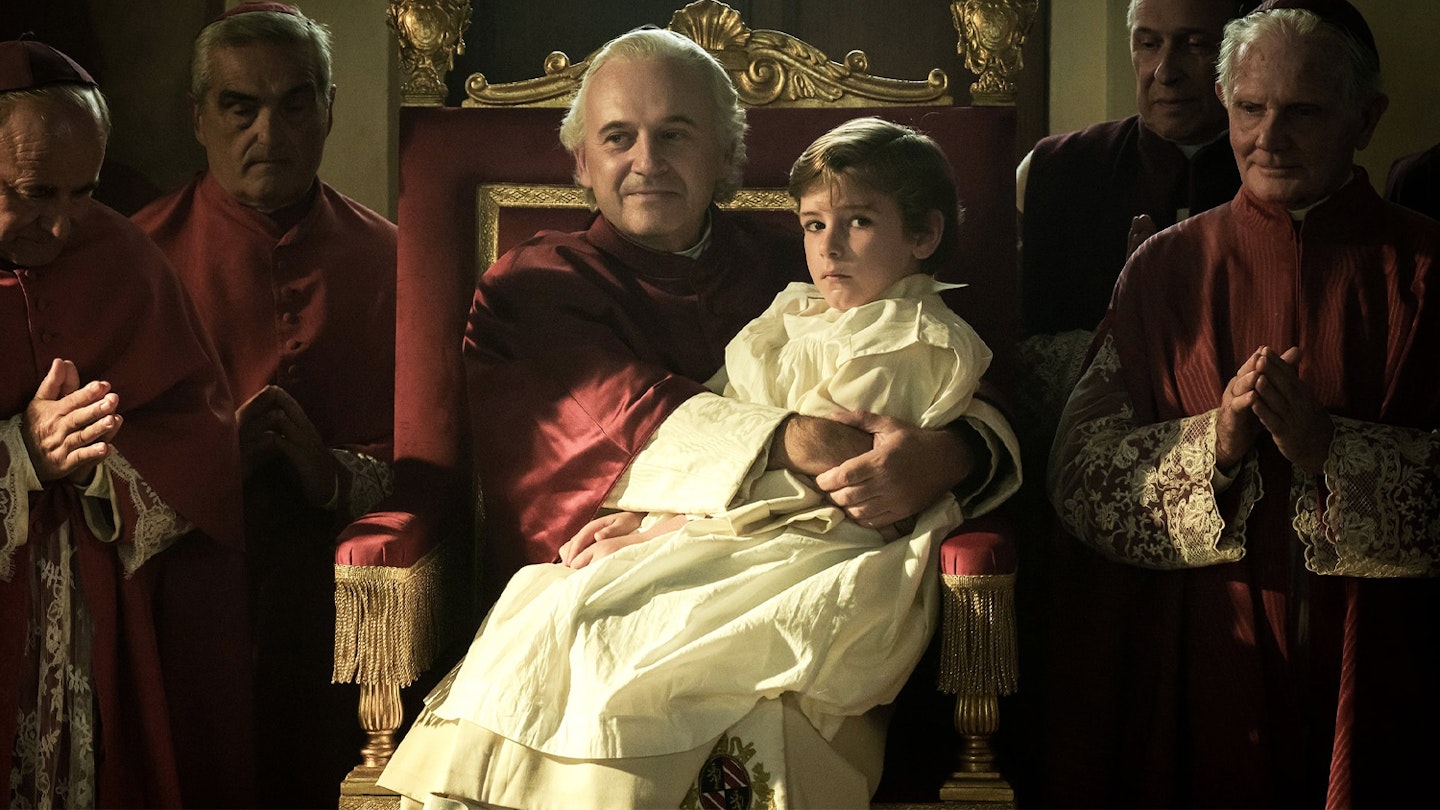Kidnapped imagines every parent's nightmare: what happens when your child is taken from you? And even worse, what if that horrifying reality is enshrined in law, the very thing you’d hope would help you receive justice? It’s hard not to get swept up in the emotions of Marco Bellocchio’s Kidnapped and the story of young Edgardo Mortara (Enea Sala), taken from his family and forced into a life of Catholicism. Writer-director Bellocchio’s visual language is essential to the storytelling: this is a staggeringly beautiful film, and its vast sense of scale effectively highlights the overwhelming struggle of the Mortara family and Edgardo’s personal crisis of faith.

Based on a true story, Bellocchio’s script manages to make a thorny and complicated history feel accessible, tracing decades of conflict into an accessible two-plus hours. A historical drama about conflicting faiths might sound daunting, but this is immaculately paced and emotionally driven, making the story's fraught nature tremendously watchable. Kidnapped leans into melodrama and even indulges in pure fantasy — buoyed by a tremendous score from Fabio Massimo Capogrosso — a surprising yet clever way to reconcile such a fascinating piece of history.
Enea Sala is masterful – it’s instantly one of the all-time brilliant child performances.
This film has a lot to say and plenty of ground to cover, but Kidnapped is most astonishing when it focuses on Edgardo and the conflict between his love for his Jewish faith and family, and the life he’s been forced into. Sala’s performance is masterful — it’s instantly one of the all-time brilliant child performances. You can feel his anguish and confusion as he’s torn from everything he loves and forced into a life he didn’t want.
Despite the film’s heavy focus on religion, Kidnapped taps into something deeper than a simple tale of faith; even non-believers will get swept up in its power. This is a feast for the eyes, but it's the effect on your heart that stays with you long after the film is through.
